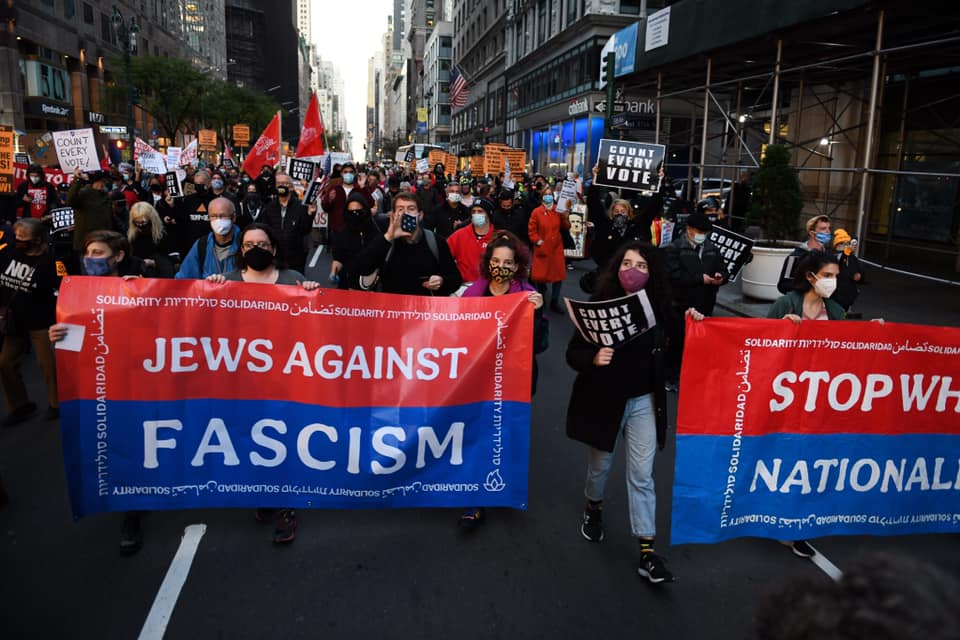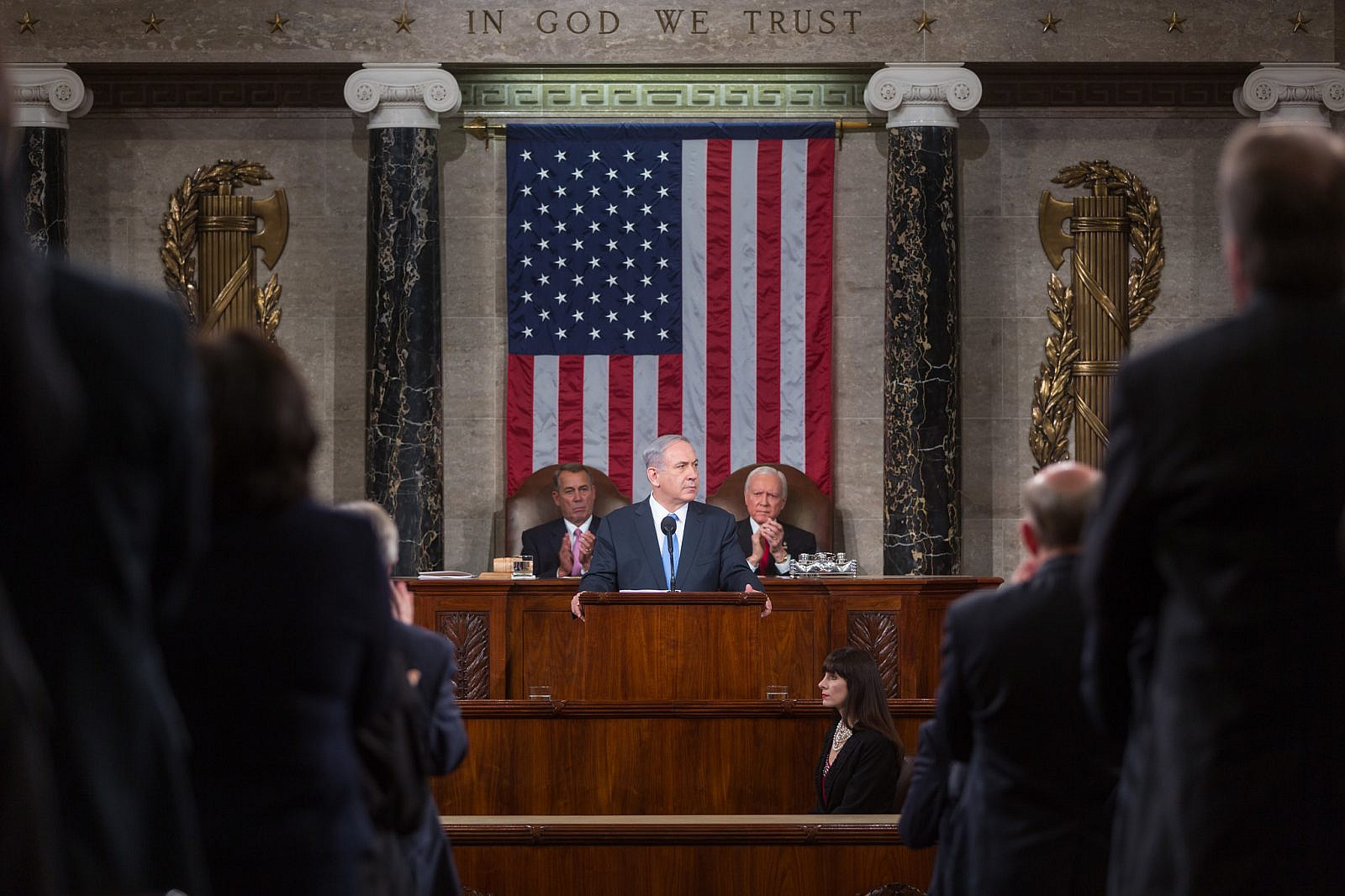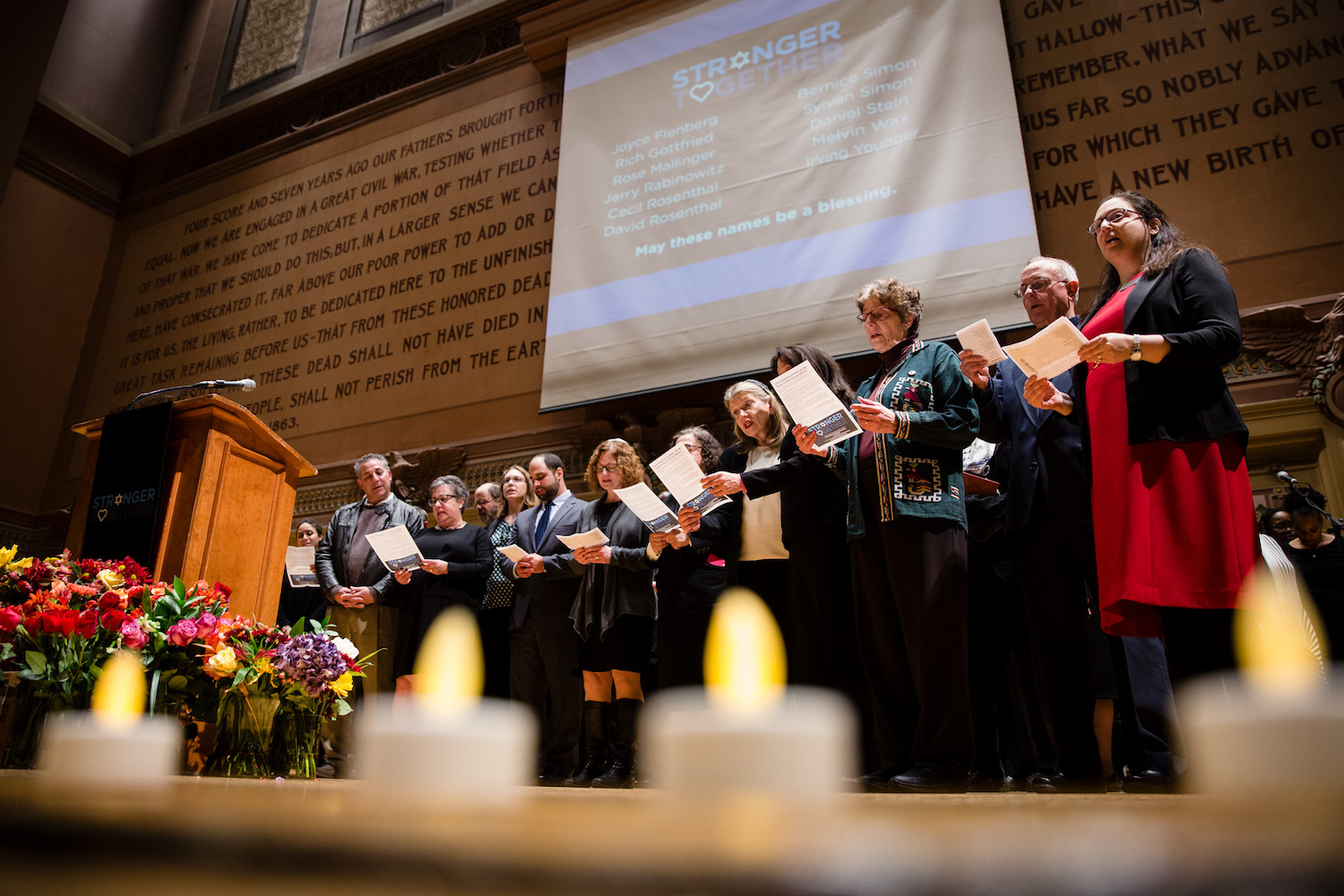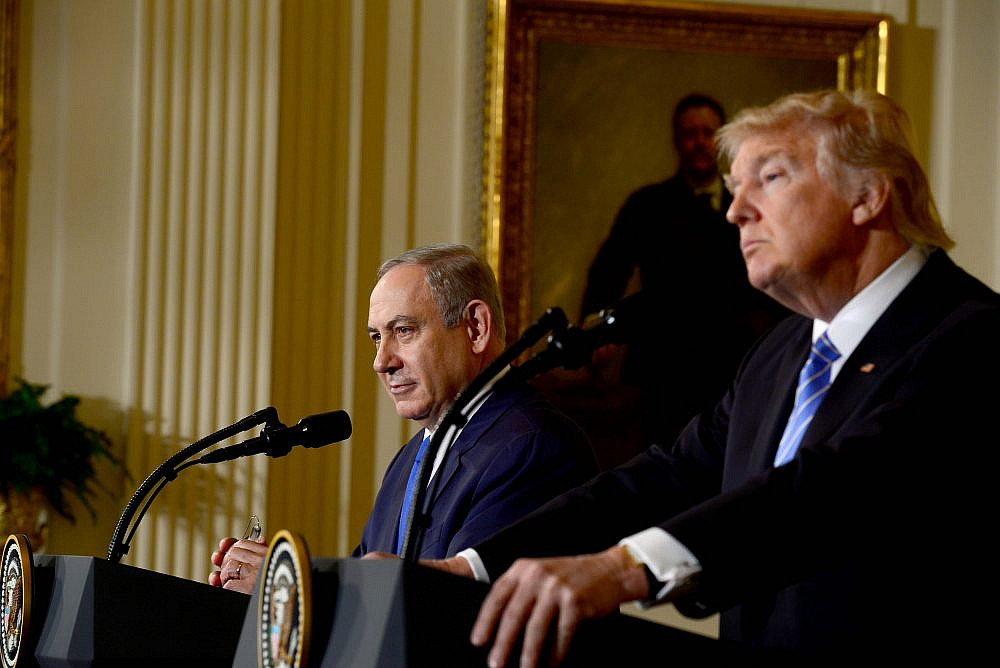It was September 2019 and my finger trembled as it hovered over the keyboard, getting ready to click “purchase” on my high holiday tickets for Lab/Shul, an independent Jewish congregation holding Rosh Hashanah services in New York City. I wondered what the signage would be, whether passersby could tell that inside was a large gathering of Jews, or what security measures were being taken.
Not a year had passed since the deadliest incident of antisemitic violence in American history, when a 46- year-old Trump supporter opened fire and murdered 11 Jewish worshippers at the at the Tree of Life Synagogue in Pittsburgh.
My father was born in the Lodz Ghetto after the Holocaust. As a young boy, he immigrated to Canada on a ship with my Yiddish-speaking grandparents, who had only fifty cents in their pocket. My father remembers being teased, chased, beaten up for being Jewish in the immigrant streets of Toronto. My grandparents remembered much worse from the ghetto, the camps, and the war. But by the time I was born, we were well on our way to becoming middle class white North Americans, and my Jewishness had become a source of pride, heritage, and perspective. While it informed my progressive values from a young age, any threat that it carried felt very abstract.
Growing up as a Jewish Israeli-American, antisemitism carried two connotations for me. One was a relic of the past: the stories my grandparents told about the events leading up to the Holocaust back in the old country. The second was the deliberate strategy by hasbara activists to label every criticism of Israeli policy as antisemitism — a toxic smear that I understood as manipulation.
Throughout much of my professional life, I did not believe antisemitism existed as a threat to my safety in America. Instead I saw accusations of antisemitism being used to discredit those who openly supported Palestinian rights. I dismissed most of them. Boycotts and the BDS movement are not inherently antisemitic, nor is criticizing the occupation or talking about the Nakba. To me, violent antisemitism didn’t exist except for in the darkest corners of the neo-Nazi internet, and blaming Black and Brown people for it was little more than race-baiting.
But the threat wasn’t completely absent. There was the subtle nagging reminder from our own family history that it could all be taken away. The stories about how embedded we were in Lodz, how there was no difference really between urban Polish culture and Jewish culture at the time. I thought about that every time I heard Latino delivery people use the word “schlepp” or Waspy politicians talking about “chutzpah.”

But in my family, the existence of the Jewish state was not the solution to this worry. My Zeidie was a non-Zionist. He was a Bundist, a diasporist who believed that Jews would be safest if we were most embedded in the cities and towns where we resided, with deep relationships to other communities. He did not think Israel made us safer. I wondered about this a lot growing up — but always in theory.
My first experience of antisemitism was by proxy — antisemitism as metaphor. I was working as a human rights advocate in Israel when Prime Minister Benjamin Netanyahu and his cronies launched an attack on left-wing NGOs and human rights defenders that used the tactics, imagery, and language from classic European antisemitism, the kind that killed my ancestors.
They put up billboards and newspaper ads with New Israel Fund President Naomi Chazan’s face featuring an elongated, exaggerated nose and a horn coming out of her forehead. They developed elaborate conspiracy theories about progressive philanthropists like George Soros, and they began to accuse Jewish Israeli human rights defenders like me of being traitors and double-agents. These are classic tropes: dehumanization and demonization of Jews, accusing us of being untrustworthy, disloyal and all-powerful masterminds behind the struggles of other “others.”
The Israeli right needed to divide the public against one another, blame someone for problems and sow fear, and they used antisemitism to generate it. This felt uncomfortable and urgent at the time, but I also knew that Israel had a long way to go before it was truly unsafe for Jews, even the most left-wing of us.

The real and more immediate danger of Netanyahu’s willingness to use antisemitism came a few years later. In 2015, I was living in the U.S. when the Israeli prime minister made a speech to the House of Representatives to try to block President Obama’s nuclear nonproliferation deal with Iran.
Obama had received the vast majority of American Jewish votes both in 2008 and 2012, but when Netanyahu came to Congress, he deliberately positioned himself not only as the chief representative of a foreign country, but also as the spokesperson for the Jewish people worldwide.
Implicit in Netanyahu’s attempt to equate all Jews with the Israeli government is the antisemitic “dual loyalty” trope: the idea that Jewish people are less loyal to our home countries than our neighbors, and that our real place is in Israel — not in the countries where we live, hold citizenship, and raise our families. For Netanyahu to make explicit this this trope made American Jews less safe.
When American Jews around me understood what Netanyahu was doing, many of us had a moment of cognitive dissonance. What does it mean for a foreign official to come to Congress to block a policy championed by a president for whom we voted overwhelmingly? How dare he claim us as his own, spit in our faces, and directly harm our safety in our country?
Eighteen months later, Donald Trump was elected president and filled the White House with bona fide white nationalists. While Netanyahu and his right-wing supporters celebrated, my understanding of antisemitism shifted from a theoretical or metaphorical one into a real panicked feeling of threat in my body.

It didn’t take long for Trump to start echoing Netanyahu’s dual loyalty smear as part of his strategy to activate white nationalists as his ideological base. At a White House Hanukkah party, in front of a room full of Jewish Americans, Trump spoke about support for “your country” — meaning Israel. He has repeated this claim to American Jews several times throughout his presidency.
Just half a year after the inauguration, I sat in my living room and watched video footage from a neo-Nazi rally in Charlottesville, Virginia, where white men with torches and guns marched through the University of Virginia campus shouting, “Jews will not replace us!” The next day a white supremacist named James Fields Jr. deliberately rammed his car into a crowd of protesters, killing Heather Heyer and injuring 19 others. The following morning, President Trump talked about “very fine people on both sides.”
I wish more Israelis understood why this was so terrifying to us in America. The narrative of “replacement” is not a metaphor. It is a conspiracy theory, widely believed by white nationalists, that Jews are attempting to literally replace the supposedly “real” Americans — white Christians — with immigrants and people of color. In Trump’s America, Jews are the evil globalists, seen as the secret masterminds behind movements like Dream Defenders and Black Lives Matter. It is this theory of replacement that Robert Bowers, who carried out the mass shooting in Pittsburgh just a little over a year later, cited as the reason Jews should be killed.
In fact, just before he carried out the murders, Bowers shared a completely baseless and false conspiracy theory blaming George Soros for the “migrant caravans” that Trump and many Republicans promoted ahead of the 2018 midterm elections.
As people of all faiths came out to mourn and offer solidarity to Jews and against white nationalism, Netanyahu’s government once again chose the wrong side.

Naftali Bennett, then Minister of Education and the “self-styled minister of diaspora affairs” landed in Pittsburgh to tell the world that, “From Sderot, in Israel, to Pittsburgh, in Pennsylvania, the hand that fires missiles is the same hand that shoots worshippers. We will fight against the hatred of Jews and anti-Semitism wherever it raises its head, and we will prevail.” Trump thanked Bennett for these words, and Netanyahu thanked Trump for thanking Bennett. This sick show played out in front of American Jews who had to come to terms with the idea that our sense of safety was an illusion.
It was at that point that my actual everyday fear began to set in. It lives in my gut, the back of my knees, the top of my throat and the muscle between my back shoulder blades. I am an outspoken left-wing Israeli-American Jew living in the United States and I am not safe. When Netanyahu and his ilk confidently speak for all Jews, when they use antisemitism themselves and provide cover for white nationalists to do the same, they are putting my life at risk.
Because their purpose is to make us feel isolated while blaming others for making Jews feel afraid, they make me unsafe among my would-be allies as well. When more airtime is given at the AIPAC conference to the threat posed by Minnesota Congresswoman Ilhan Omar’s sympathies to the Palestinian cause than to growing numbers of white nationalists with automatic weapons in America, I am less safe.

We still have two months of Trump in office, and even after this nightmare ends, it will take time to undo the damage. In the face of this, two things need to happen: first, we must recognize that equating all Jews with the state and government of Israel is antisemitism, and it has to stop. American Jews are not Israelis, they are American. Period. Some support Israel, some loath Israel, some could not point to Israel on a map. Netanyahu makes all of us less safe when he claims to represent a people who have and want nothing to do with him or the state he represents.
I am not one of these people. As an Israeli, decoupling from Israel is not possible — not in terms of citizenship, identity, or my heart. But Netanyahu’s claims to represent my fellow Jewish people in America and worldwide makes me less safe too.
The second thing that needs to happen is for new Israeli leaders to be seen and heard on the world stage, making it clear that far-right politicians are not the true representatives of the Israeli people. Not all Israelis are ethnic supremacists. Not all Israelis are Trump supporters. Not all Israelis are white. Not all Israelis are Jews.
Imagine what would have happened if progressive Israeli leaders, Israelis of color, and Palestinian citizens had landed in Pittsburgh on the same day as Bennett and said: “From Kiryat Malachi to Jerusalem to Gaza City, it is those politicians who seek to divide us against each other that make us all less safe. It is racism and state violence that makes us less safe. We will fight against antisemitism, Islamophobia, anti-black racism, misogyny and more — and we will prevail.”

